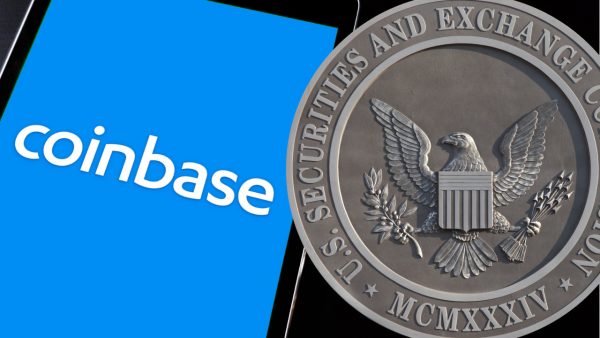1. Introduction
– Summary (TL;DR)
2. Payment Services Act: May 2020 crypto revisions
– New definitions: Crypto-assets and CAEPs
– Separation of crypto exchanges’ cash flow and users’ funds
– Crypto custodians to register with FSA
– Regulation of privacy coins
3. Financial Instruments & Exchange Act (FIEA): May 2020 crypto revisions
– What are “electronically recorded transferrable rights (ERTRs)?
– Limited derivative-based crypto trading
– Prohibition of Unfair Acts of Advertising, Speculation, and Rumors
4. Response from Japan’s Crypto Industry
5. Conclusion
1. Overview
Another watershed moment for Japan’s regulation of cryptocurrency assets and exchanges is looming.
On May 1st, 2020, Japan’s new crypto-asset regulations, promulgated in April 2019, officially finally come into effect. The new legislation that amends Japan’s Payment Services Act (PSA) and Financial Instruments and Exchange Act (FIEA) will be enforced by Japan’s leading financial regulator, the Financial Services Agency (FSA).
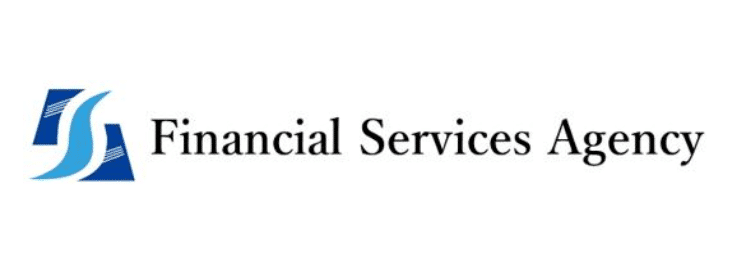
In short, the regulations will help to protect crypto investors who entrust cryptocurrency exchanges and custodians with their assets, and also bring derivatives, security token offering (STOs) and Initial Coin Offerings (ICOs) under the oversight of the FSA.
The new regulatory changes focus mainly on three areas:
- Regulating crypto exchanges, custodians and products
- Reforming existing “virtual currency” terminology
- Creating measures to ensure proper transactions
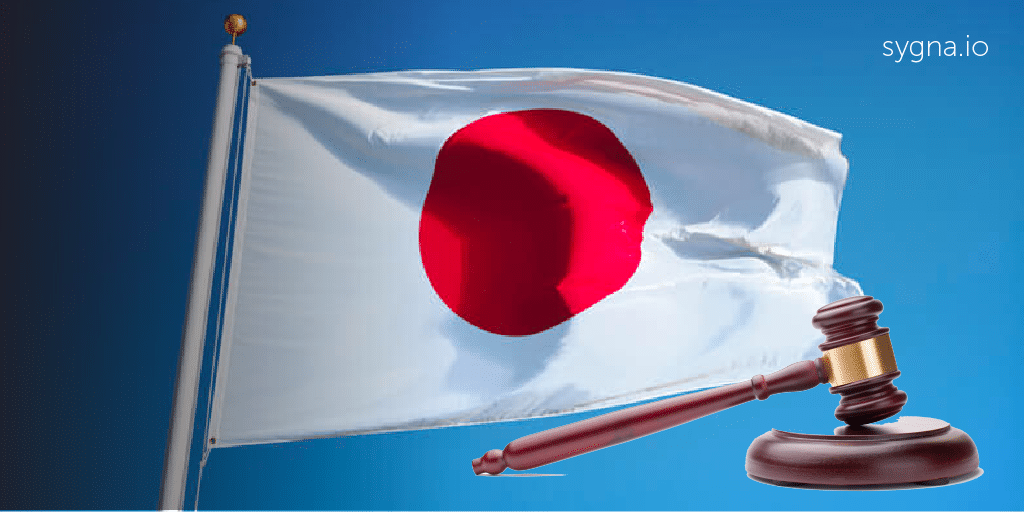
Summary of Revisions (TL; DR )
PSA Amendments:
- “Virtual currency” term changed to “crypto-asset”
- Exchanges must keep user funds with 3rd party, preferably in “cold wallets”
- If user funds are kept in “hot wallets”, the exchange must hold assets of a similar value
- Crypto asset custodians must now register with FSA
FIEA Amendments
- “Electronically recorded transferable rights” (“ERTRs”) covers STO and ICO tokens
- New limits to crypto-asset derivative transactions
- New regulation to deter crypto-related unfair acts
2. Payment Services Act (PSA): May 2020 Crypto Asset Revisions
The Payment Services Act (PSA) of Japan requires virtual currency exchange platforms (VCEPs) to register with the FSA for an operating license since April 2017.
The application process was made even tougher in 2018 after two major exchange hacks (Coincheck and Zaif) and now requires an in-depth investigation of the exchange’s AML/KYC procedures, security and compliance with global AML/CFT measures like the FATF’s Recommendation 16.
Due to the complexity of Japanese regulations, which is further fortified by its self-regulatory organization JVCEA, it is very difficult for foreign-based exchanges to get an operating license in Japan.

In May 2019, new crypto-regulating changes to the Payment Services Act were approved by parliament, to be enforced from the 1st of May 2020. They are:
1. Virtual currencies renamed to “crypto-assets”
The new PSA amendment changes basic legal terminology from “virtual currency” to “crypto-asset” when referring to digital assets.
According to a PwC report, this is to:
- align with terminology as used in international meetings such as in the G20
- avoid confusion and help users distinguish between crypto-assets and fiat currencies
VCEPs are now CAESPs
Moreover, while the PSA previously called them “Virtual Currency Exchange Platforms” (VCEPs) or Virtual Currency Exchange Service Providers (VCESPs), exchanges are now referred to as “Crypto Asset Exchange Service Providers” (CAESPs) who deliver “crypto-asset exchange services”.
Digital, Virtual, Crypto, Asset or Currency?
This name change is a bit odd, as at present though there is no universal cut-and-dried nomenclature for cryptocurrencies.
For example, the FATF’s June 2019 guidance refers to cryptocurrencies as virtual assets, while the European Union’s 5th Anti-Money Laundering Directive (AMLD5) uses the phrase “virtual currencies” and the U.S. Crypto-Currency Act of 2020 draft bill uses the catchall term “digital assets”.
It can be argued that “virtual asset” and “virtual asset service provider (VASP) would be more suitable, in order to align Japanese regulation with the Financial Action Task Force (FATF) ‘s definition of exchanges and cryptocurrencies, as well as incoming measures like the FATF Recommendation 16 “travel rule” for VASPs. Japan is a senior FATF member and follows the global regulator’s FATF Standards very closely.
Another possible reason may be that it’ll help the FSA separate “coin”-based crypto like Bitcoin and Ethereum from tokens issued by initial coin offerings (ICOs) and security token offerings (STOs). We’ll discuss this distinction further down.
In any case, Japanese authorities are taking this name change seriously, as is evident with the Japanese Finance Minister urging reporters in 2019 to use the term “crypto-assets” moving forward.
2. Exchanges must separate customer funds from their own cash flows
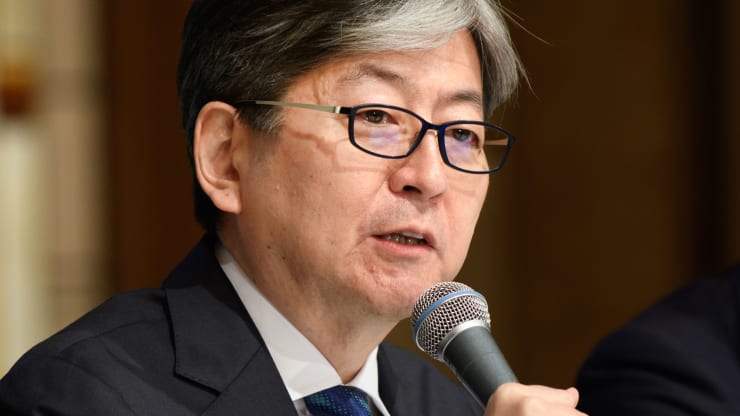
This new rule has very serious implications for smaller exchanges and seems to be in response to previous Japanese exchange hacks.
In order to mitigate the risk from hackers breaching their defenses, virtual asset exchanges will now be required to store their customers’ assets separately from their own cash flows.
How must Japanese exchanges store user funds in 2020?
- Exchanges must use third-party operators (such as trust or custodian service) to keep custody of their users’ assets.
- The PSA recommends using a reliable and “designated method” such as offline storage in secure cold wallets, unless it hampers the execution of smooth operations.
- If exchanges must use “hot” (ie. internet-connected and therefore vulnerable) wallets, they are now obligated to hold “the same kind and the same quantities of crypto assets” in order to repay their users in case of the hot wallet gets hacked.
While these are certainly tough specifications, they are also very prudent and designed to deter exit scamming.

Consider for example that both Coincheck’s $550 million (58 billion yen) theft of NEM/XEM tokens and Tech Bureau Corp’s 7 billion yen hack are both shockingly attributed to the fact that they kept all these virtual assets in a hot wallet which only required a secret key to unlock. These new measures will force exchanges to be more responsible in how they store users’ assets.
3. Crypto custodians must register with FSA
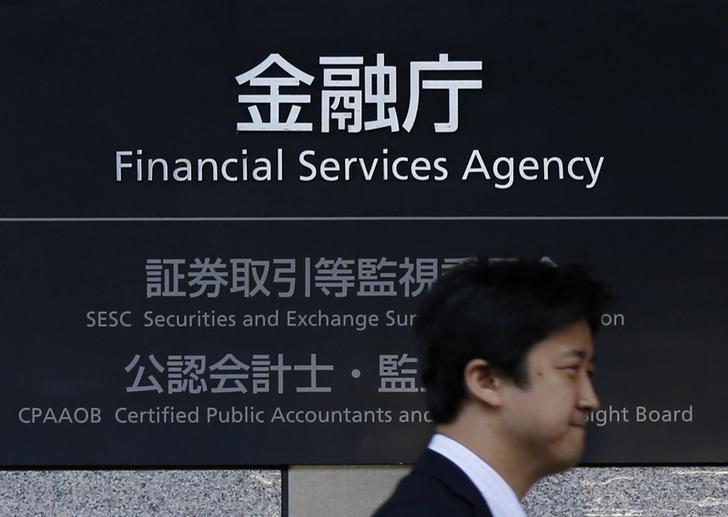
Controversially, crypto custodians are now subjected to tougher restrictions and must also register with the FSA for a license as a crypto-asset exchange service provider.
This comes despite the fact that most custodians, like trust funds, only safeguard and transfer crypto assets per the owner’s instructions. They rarely provide any exchange services such as buying, selling or trading crypto assets.
The FSA defended this decision by pointing out that prior to the new amendment, custodial services were subjected to the same risks that VCEPs had to mitigate, such as cyberattacks, the risk of a VCEP collapsing and AML/CFT threats.
Still, the amendments are ambiguous and not set in stone. More information will likely follow post-implementation.
4. Privacy and Anonymous Coins
Despite a pledge to do so earlier, the changes still don’t directly cover “problematic crypto-assets” like privacy or anonymous coins such as Monero. However, the FSA is working on regulations and it is expected that further changes will be announced this year.
Financial Instruments and Exchange Act (FIEA): May 2020 Update
The Financial Instruments and Exchange Law (金融商品取引法, Kin’yū shōhin torihiki-hō) applies to Japanese financial institutions, including banks, that deal with securities.
Until now, FIEA hasn’t defined any “virtual currencies” to be securities. With the pivot to the term “crypto-assets” and the recently introduced concept “electronically recorded transferable rights (ERTRs), the FSA is starting to customize its regulation of different types of digital assets.
The FSA’s May 2019 updates to FIEA can be summarized as followed:
- STO and ICO tokens are now considered to be neither “crypto-assets” nor “virtual currencies”, but instead “electronically recorded transferrable rights (ERTRs).
- The FSA will now regulate crypto-asset derivatives trading in order to protect users
- New legislation targets “unfair acts” in crypto trading, such as speculation, rumors, and false information that intends to artificially influence crypto prices or buying action.
Let’s take a closer look.
1. What are “electronically recorded transferable rights” (ERTRs)?
The new concept of “electronically recorded transferable rights” (ERTRs) now brings tokens from the likes of initial coin offerings (ICOs) and security token offerings (STOs) under the regulatory oversight of the FIEA.
The term “ERTR” applies to crypto tokens that are issued with the expectation of profit, such as security tokens. However, the FSA has been quick to make the distinction that ERTRs cannot be considered “crypto-assets” (which are regulated by the Payment Services Act).
What are the 3 criteria for ERTRs?
ERTR tokens must fulfill three criteria, according to Japanese law firm Anderson Mori & Tomotsune:
- Investors must invest cash or assets to a business
- The investors’ cash or assets are invested in the business
- Investors are entitled to dividends of profits or assets created by these investments.
The FIEA updates are reminiscent in some aspects of U.S. legislature such as the Howey Test and the proposed Crypto-Currency Act of 2020 draft bill that divides digital assets into 3 categories.
2. A limit on derivative-based crypto trading

Derivative-based trading is an increasing headache for the FSA as it’s mostly unregulated and poses a significant financial risk to traders. According to the JVCEA, leveraged trading (like margin trading) made up over 80% of crypto trades in Japan between 2017 and 2018. That’s why the SRO imposed a maximum of 4x on margin trading.
While the FIEA doesn’t specify an exact number, the FSA will likely take the JVCEA’s limit into account when they later amend this again.
3. Prohibition of “unfair acts” of advertising, speculation, and rumors
Up until now, Japanese legislation like the PSA has not covered solicitation and advertising by crypto-asset exchange services. To mitigate the threat that unchecked self-promotion by ICO’s and social media influencers pose to crypto investors, the new regulations now require Crypto Asset Exchange Service Providers (CAESPs) to take appropriate measures.
This includes disclosing clear and specific information in advertisements and other marketing communication.
The Financial Services Agency of Japan now prohibits false representation and exaggerated advertising that try to boost speculative investing, as well as false rumor spreading intended to negatively affect certain crypto assets’ prices.

According to Anderson Mori & Tomotsune, these include the following actions:
- engaging in fake sales and purchases
- participating in collusive sales and purchases
- entrusting or accepting any entrustment of fake sales and purchases or collusive sales and purchases;
- engaging in market manipulation through actual sales and purchases
- engaging in market manipulation through representations and certain similar acts
Reaction from Japanese Crypto Industry
The majority of Japanese crypto-asset exchanges are buoyed by the clearer regulations and the leading role that Japan is taking to help create global benchmark legislation to regulate crypto assets more progressively.
In interviews with CoinTelegraph Japan, a couple of exchanges had the following to say:
“We are very positive. Clear rules are expected to help institutional investors enter, leading to market expansion.”
BitPoint
“By clarifying…regulation…, we believe that it will lead to the healthy development of the cryptocurrency industry. On the other hand, there is also concern that the term change to crypto assets may be a setback for cryptocurrency as a means of payment.”
Coincheck
Conclusion

The new amendments to Japan’s PSA and FIEA laws play a fine balancing act: they promise to protect Japanese crypto-asset owners even more, but also gives exchanges a very clear playbook in order to stay on the FSA’s right side.
While some of these regulations are strict, they are also fair and set a firm foundation on which Japanese regulators build in the coming years.
Moreover, by raising the barriers even further for new exchanges, the FSA is sending a clear message to institutional businesses that crypto-assets like Bitcoin are here to stay.
The only variable is how to regulate them effectively. Japan’s progressive cryptocurrency policy certainly leads the way for the rest of the world.
